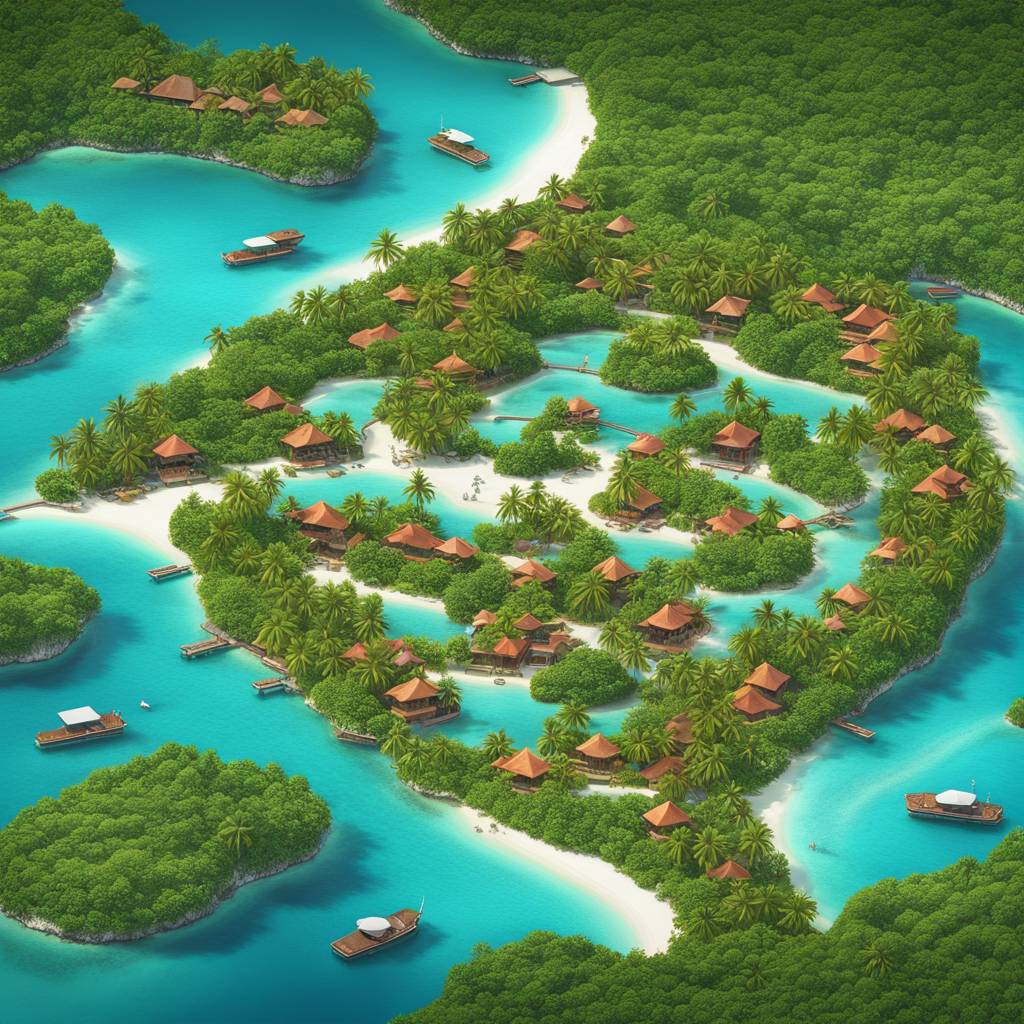The Maldives is a luxurious destination known for its upscale resorts and pristine beaches. However, beyond the five-star tourist trail lies a chance to connect with locals and support Maldivian communities. The country’s tourism industry began with the opening of Kurumba, the first resort in 1972, and has since seen rapid growth, with tourism becoming a significant contributor to the economy. However, the push for rapid tourism development has led to environmental degradation and social issues, prompting the government and tourism industry to implement sustainable tourism practices to protect the island’s natural beauty and residents.
In response to mass tourism and environmental damage, the Maldivian government and tourism industry have introduced regulations and guidelines for sustainable tourism practices and environmental protection measures. One of these measures includes promoting local participation in the tourism industry and focusing on sustainability in resorts. Additionally, travellers looking for affordable and culturally rich experiences in the Maldives can stay on ‘local islands’ instead of expensive resorts. This community-led tourism approach allows visitors to support local communities financially and engage in authentic cultural experiences, connecting them to local projects and activities.
Since 2009, ‘local islands’ in the Maldives have been permitted to operate guesthouses and tourist facilities, leading to an increase in job prospects for local people. Islands like Maafushi, Guraidhoo, and Hulhumale now offer a range of guesthouses, restaurants, and neighbourhood cafes where travellers can enjoy island cuisine at affordable prices. By staying outside of multinational resorts and spending money within the community, visitors can help support local livelihoods. This form of community-led tourism provides a unique insight into Maldivian culture and customs, allowing travellers to directly support local families’ livelihoods.
Community tourism in the Maldives offers visitors a way to connect with locals over food, handicrafts, and cultural activities. Guided tours of fishing villages, visits to local markets, and hands-on workshops in traditional crafts and cooking provide opportunities to support local communities while experiencing authentic Maldivian culture. Local artisans and entrepreneurs produce a variety of traditional handicrafts and handmade products, allowing travellers to financially support small-scale producers and take home unique souvenirs and gifts. By fully embracing community tourism, visitors can experience the islands beyond luxury resorts and contribute to a better future for the Maldivian communities and environment.
In addition to supporting local communities, community tourism in the Maldives also allows visitors to engage in activities that contribute to local conservation efforts. Many community-based initiatives focus on preserving the island’s beauty and biodiversity, from marine conservation projects to sustainable agriculture and waste management initiatives. By participating in these activities and experiences, travellers can minimize their environmental impact while supporting the sustainability of the Maldives. Overall, community tourism offers a way for travellers to connect with locals, support local livelihoods, and contribute to the preservation of the Maldives’ natural and cultural heritage, creating a more sustainable and responsible travel experience.


